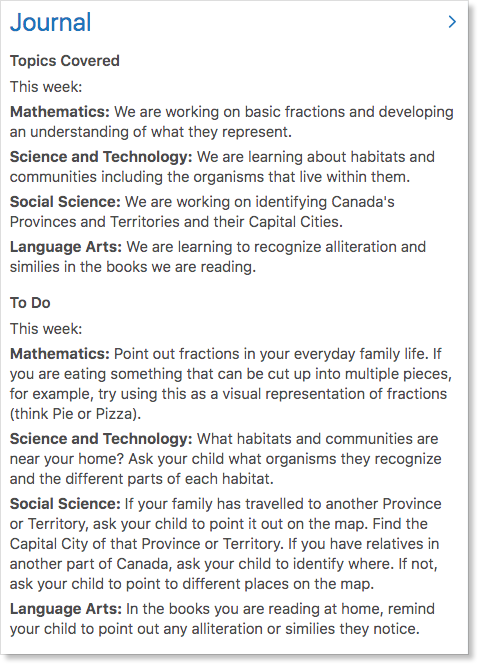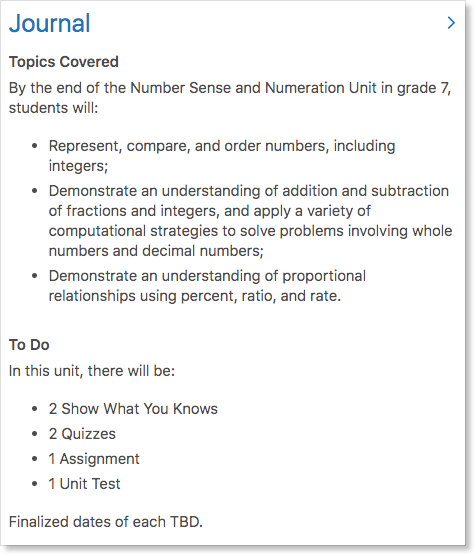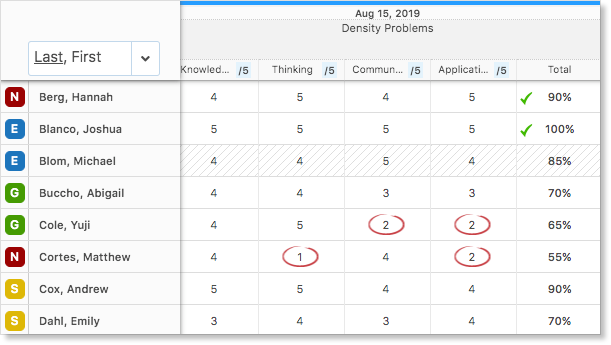With Edsby’s wide selection of purpose-built tools, senior administrators may want to collaborate with teachers and other staff in the school to determine best practices for how Edsby will be used consistently throughout the school.
Use the sample Edsby Best Practice Guidelines below as a conversation starter when meeting with teachers in your school. Come up with your own best practices so parents, students, and faculty have a consistent and enjoyable Edsby experience!









